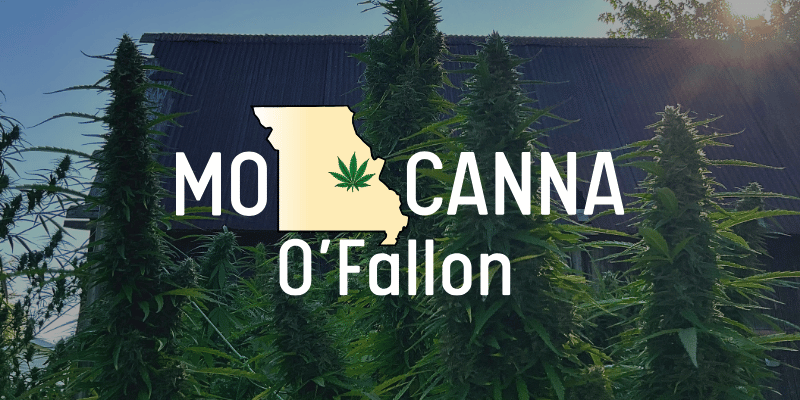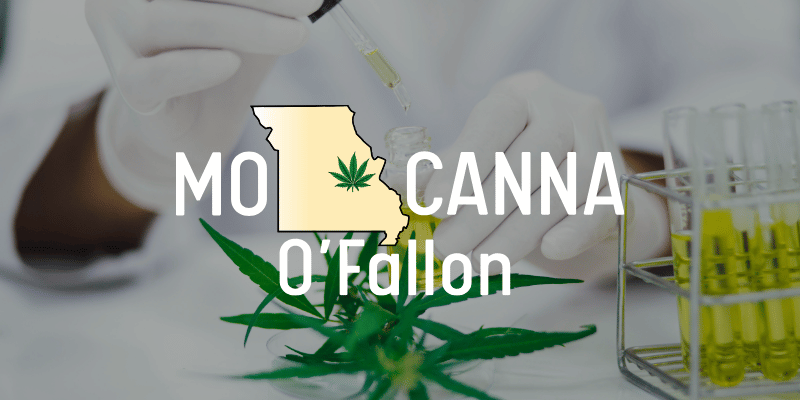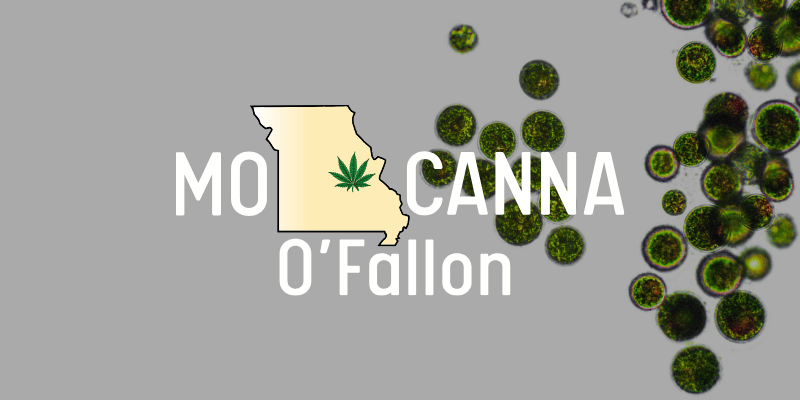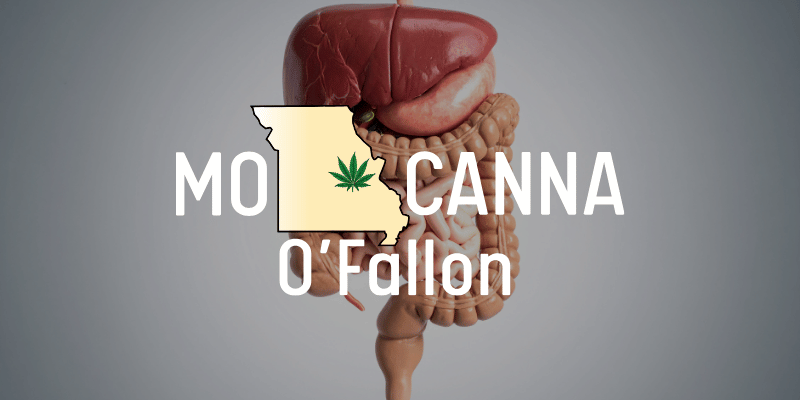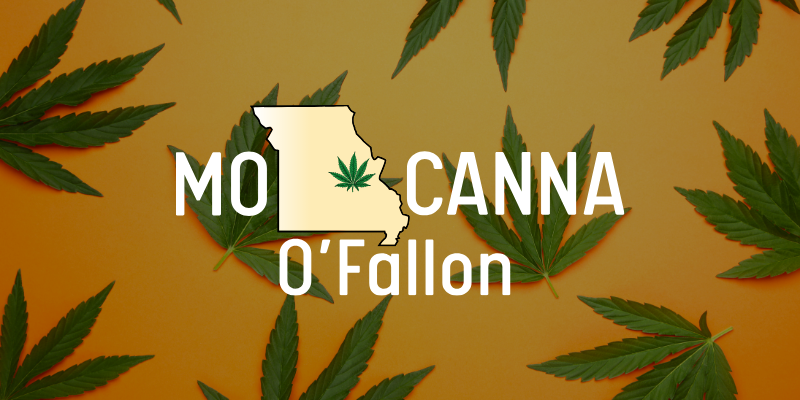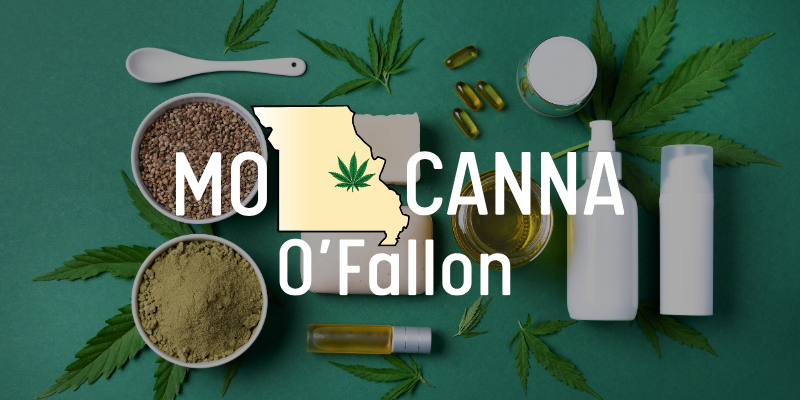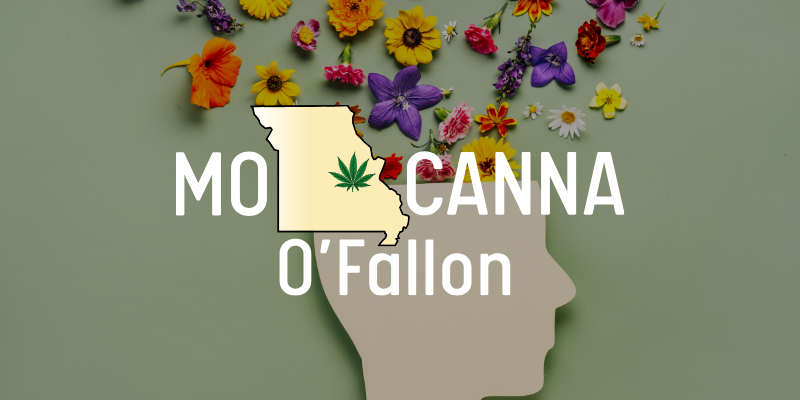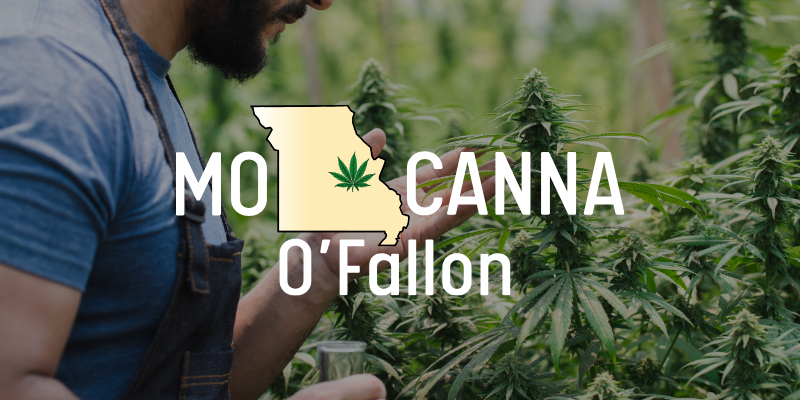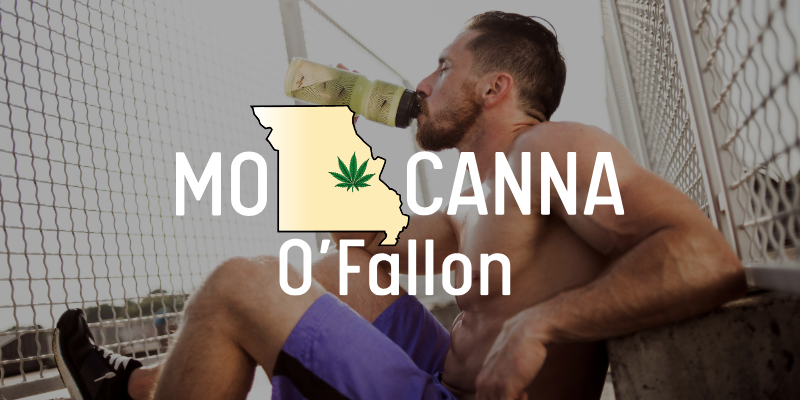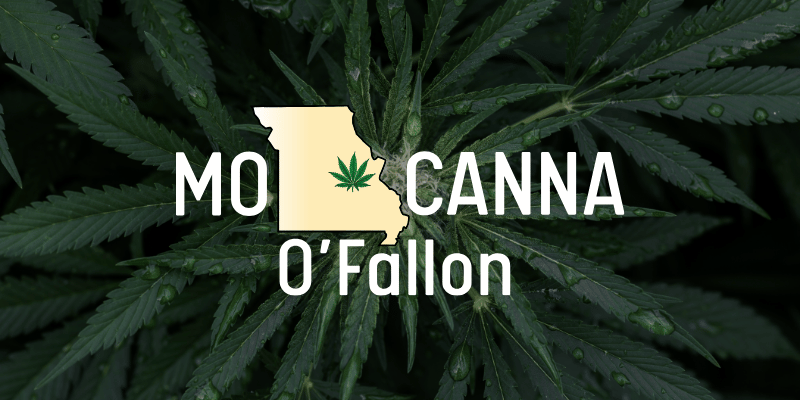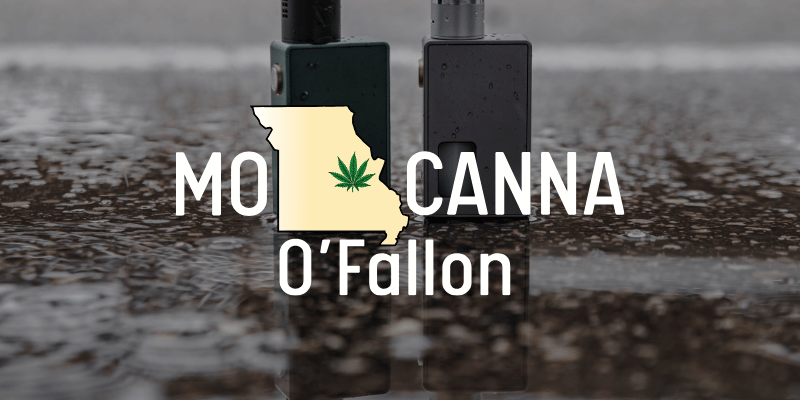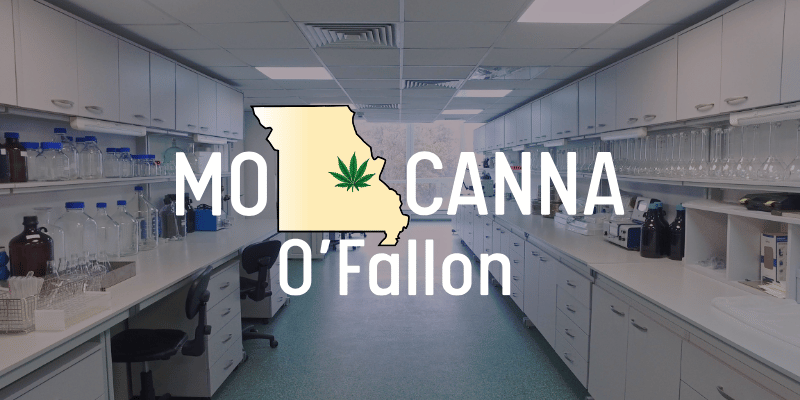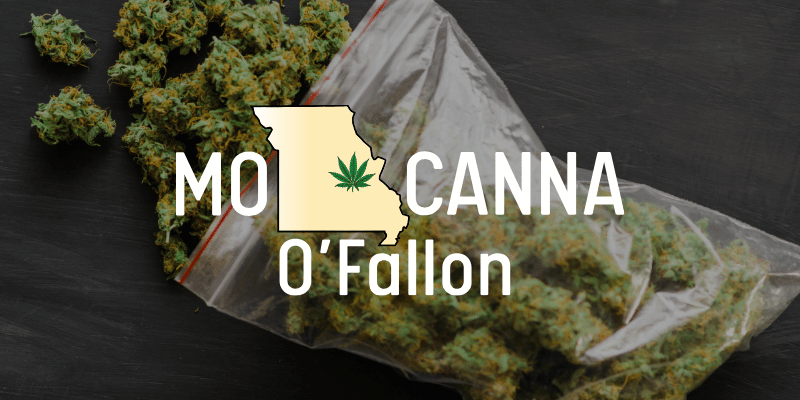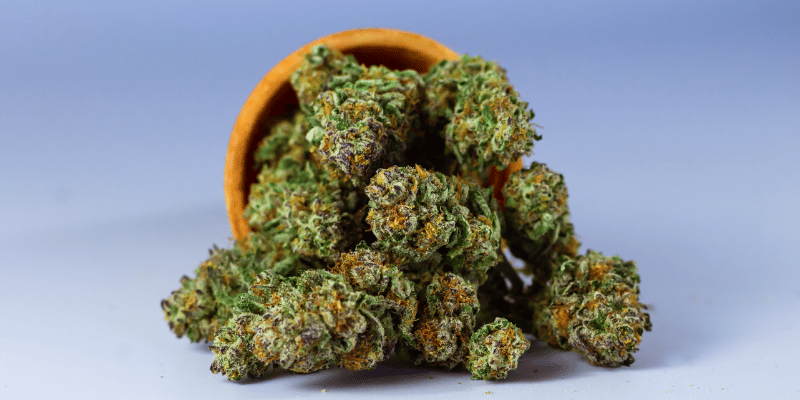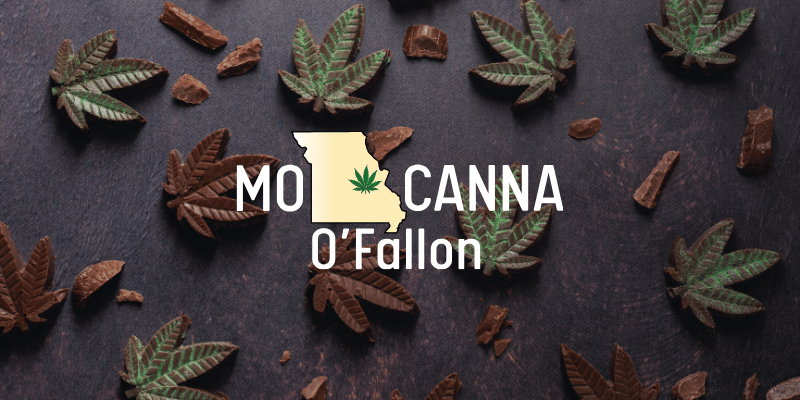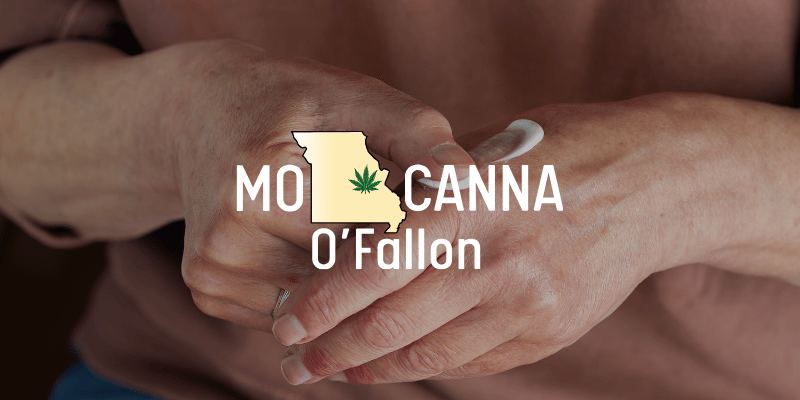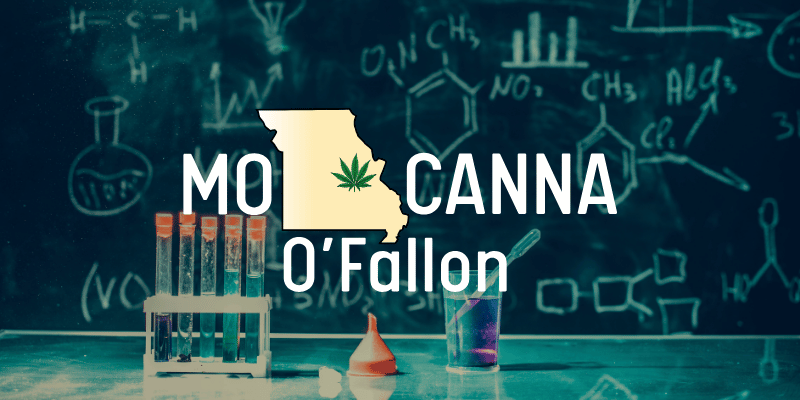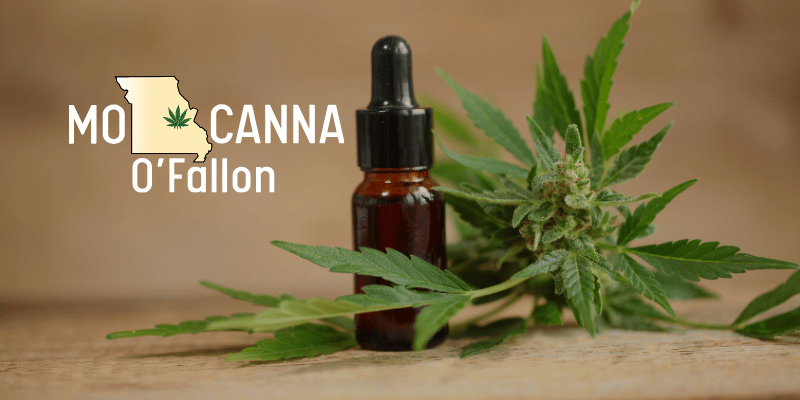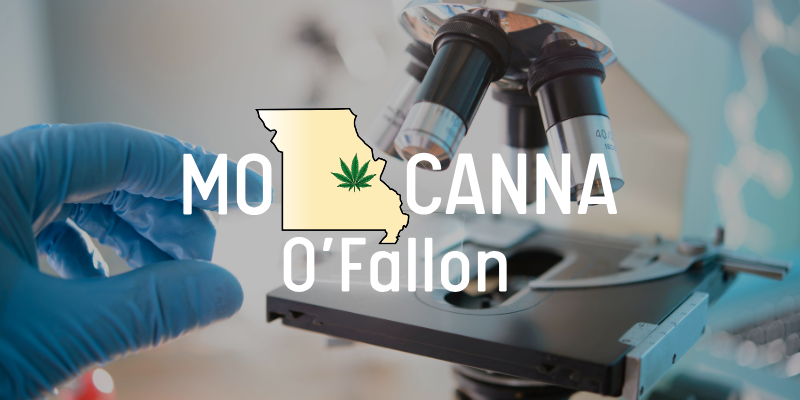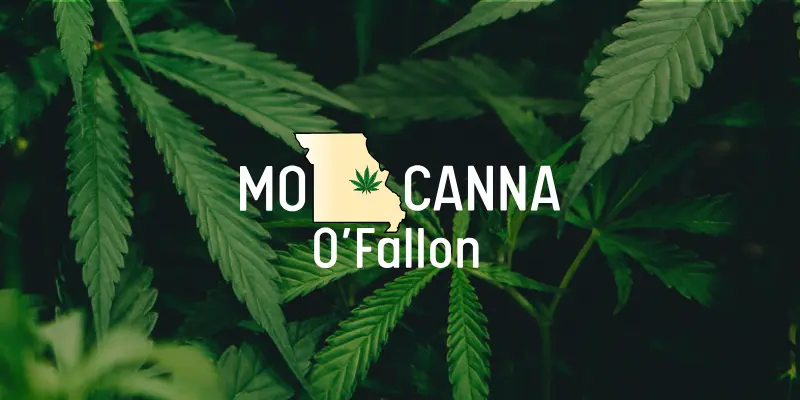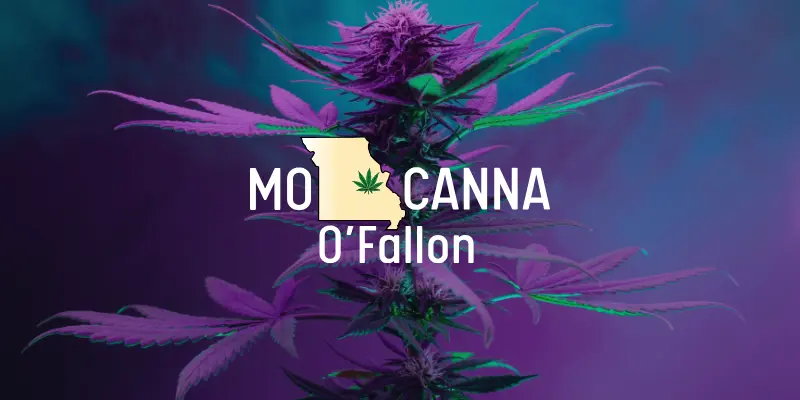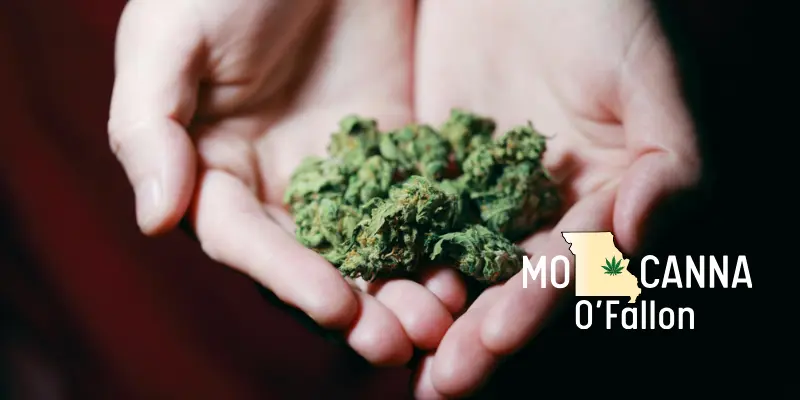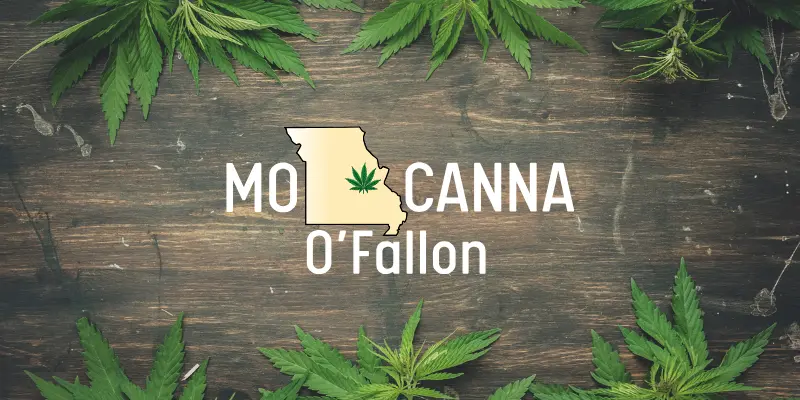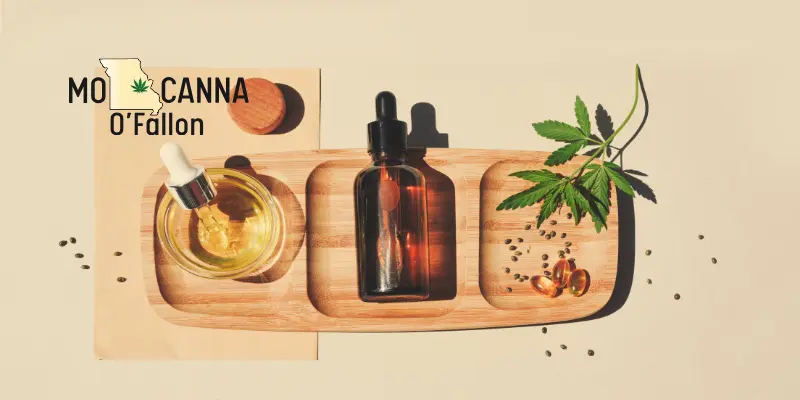
Sustainable Cannabis: Eco-Friendly Cultivation and Production Practices
Choosing sustainably grown cannabis supports both environmental health and product quality. In this guide, we explore eco-friendly cultivation methods, green extraction technologies, and how consumers can identify and support sustainable brands. Use the bookmark links below to navigate:
- Introduction
- Why Sustainability Matters in Cannabis
- Eco-Friendly Cultivation Techniques
- Green Extraction Methods
- Packaging, Waste Reduction & Carbon Footprint
- How to Identify Sustainable Brands
- Conclusion
Introduction
As the cannabis industry grows, so does its environmental impact. From energy-intensive indoor grows to plastic-packed products, cannabis production can leave a significant footprint. By adopting sustainable cultivation and production practices, growers and manufacturers not only reduce harm to the planet but also often improve product quality and safety. This article outlines the key strategies for eco-friendly cannabis—from soil health to green extraction—and helps consumers make informed, sustainable choices.
Why Sustainability Matters in Cannabis
Sustainability in cannabis touches on several critical concerns:
- Resource Use: Indoor cultivation can consume vast amounts of electricity and water.
- Chemical Inputs: Pesticides and synthetic fertilizers can contaminate soil and waterways.
- Waste Generation: Non-recyclable packaging and leftover plant material contribute to landfill waste.
- Carbon Emissions: Transportation, lighting, and climate control add to greenhouse gases.
By minimizing these impacts, the industry can help safeguard ecosystems, conserve resources, and produce cleaner, healthier cannabis. Sustainable practices also align with consumer demand for transparency and environmental responsibility.
Eco-Friendly Cultivation Techniques
Organic Soil & Amendments
- Living Soil: Rich in microbes and nutrients, living soil supports plant health without synthetic fertilizers.
- Organic Nutrients: Compost, worm castings, bat guano, and kelp meal provide slow-release nutrition, improving terpene and cannabinoid profiles.
- Soil Testing & Rotation: Regular testing ensures nutrient balance; rotating crops or cover-cropping prevents nutrient depletion and pests.
Water Conservation & Recycling
- Drip Irrigation & Timers: Delivers precise water amounts directly to roots, reducing runoff.
- Rainwater Harvesting: Captures natural rainfall for irrigation, reducing reliance on municipal water.
- Recirculating Systems: Hydroponic growers can recycle nutrient solutions, using water more efficiently.
Energy-Efficient Lighting
- LED Technology: LEDs consume up to 50% less energy than traditional HID lights and emit lower heat, reducing HVAC load.
- Solar Integration: Solar panels can power grow operations, offsetting electricity costs and emissions.
- Light Schedules: Optimizing photoperiod for vegetative and flowering phases ensures plants get needed light without waste.
Integrated Pest Management (IPM)
- Biological Controls: Beneficial insects (ladybugs, predatory mites) naturally manage pests without chemicals.
- Cultural Practices: Maintaining cleanliness, pruning lower leaves, and monitoring humidity help prevent mold and infestations.
- Organic Sprays: Neem oil, insecticidal soaps, and microbial biopesticides offer targeted control with minimal environmental impact.
Green Extraction Methods
Extraction can be energy- and solvent-intensive. Green methods prioritize safety, efficiency, and minimal environmental harm.
CO₂ Extraction
- Non-Toxic & Recyclable: Uses supercritical CO₂, leaving no harmful residues and allowing solvent reuse.
- Precision & Purity: Adjustable temperature and pressure target specific cannabinoids and terpenes, yielding high-quality extracts.
- Lower Footprint: Modern systems reclaim and recycle CO₂, minimizing emissions.
For a deeper dive, see MO Canna’s Extraction Methods overview.
Ethanol Extraction
- Food-Grade Solvent: Ethanol is safe, widely available, and can be recycled in closed-loop systems.
- Scalable & Cost-Effective: Suitable for both small-batch artisan and large-scale production.
- Selective Extraction: When performed at cold temperatures, ethanol preserves delicate terpenes and minimizes chlorophyll extraction.
Mechanical & Solventless Techniques </a name>
- Rosin Pressing: Uses heat and pressure to extract resin without solvents, producing pure, terpene-rich rosin.
- Ice Water Hash: Agitation in ice water separates trichomes; yields bubble hash with minimal water and no chemical safety concerns.
Packaging, Waste Reduction & Carbon Footprint
- Biodegradable & Refillable Packaging: Glass jars, compostable pouches, and reusable tins reduce plastic waste.
- Minimalist Design: Smaller packaging with clear labeling decreases material use and shipping weight.
- Carbon Offsets: Some brands invest in reforestation or renewable energy projects to offset emissions.
- Circularity: Repurposing plant waste for compost or biofuel closes the loop on cultivation by-products.
How to Identify Sustainable Brands
- Certifications & Audits: Look for organic certifications, Fair-Trade labels, and third-party sustainability audits.
- Transparent Reporting: Brands that publish environmental impact reports—water usage, energy consumption, waste diversion—demonstrate accountability.
- Local Sourcing: Supporting local cultivators reduces transportation emissions and strengthens community ties.
- Community Engagement: Brands that contribute to conservation, education, or social equity programs show broader commitment beyond profit.
Consumers can also inquire directly via lab-tested quality (see our Understanding COAs) and ask brands about their cultivation footprint and extraction methods.
Conclusion
Adopting sustainable practices in every phase—from soil to solvent—creates a healthier planet and higher-quality cannabis. By supporting eco-friendly growers and brands that prioritize organic cultivation, water recycling, energy efficiency, and green extraction, you help drive the industry toward a more responsible future.
Ready to make more sustainable choices in your cannabis journey? Reach out to us through our Contact page for tailored recommendations and further guidance!


